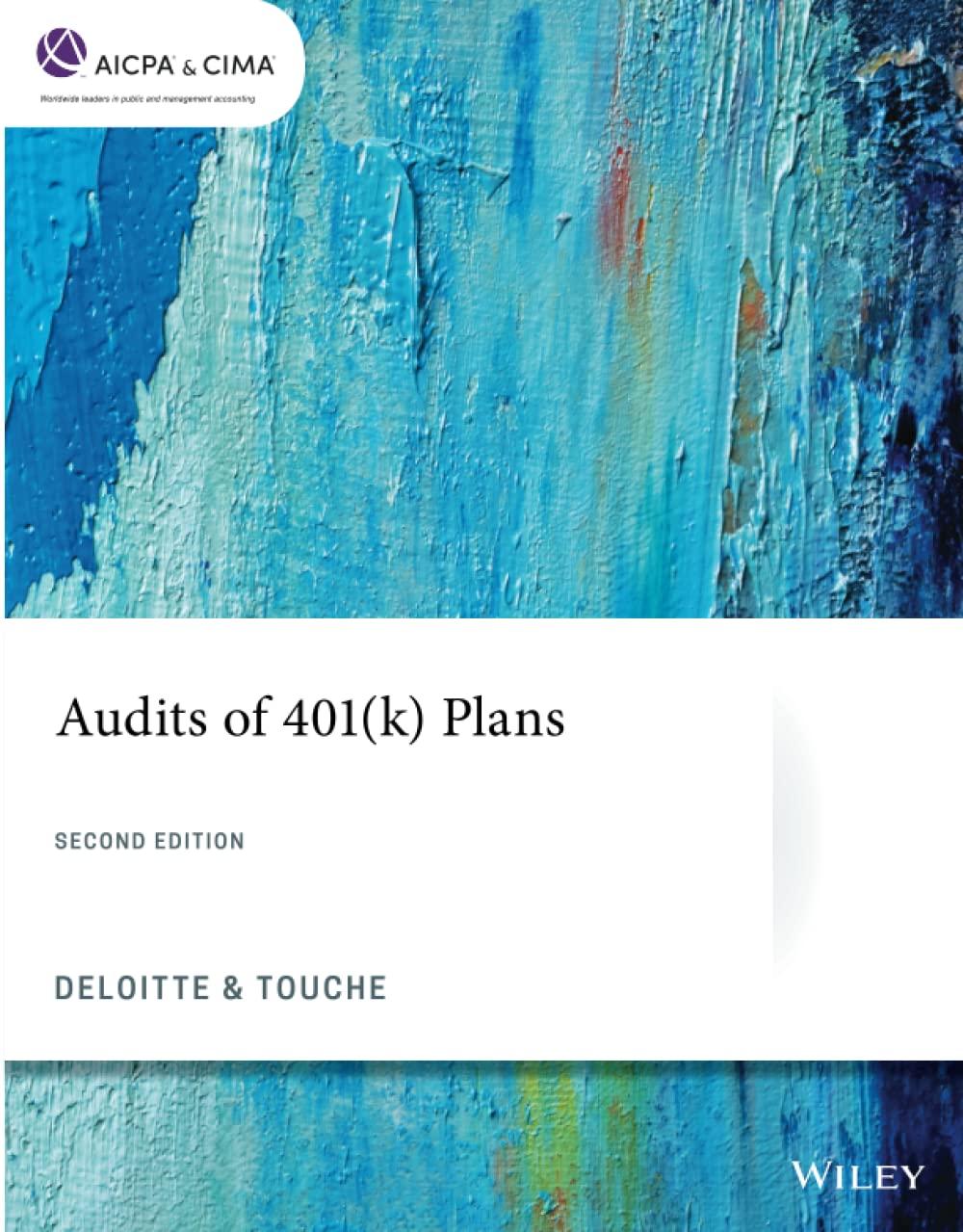Sunlight, Inc., an incorporated solar power company, has a takeover offer from Pioneer Power Corp. Sunlight is experiencing difficulty with earnings and its share price has dropped from a high of $32 \$19. Pioneer's offer is for $27 per share. Some of the shareholders are very excited at this news as Sunlight has been struggling for years and they are nervous that the company is close to bankruptcy They have been in contact with the Board of Directors and expressed their desire for the offer to be accepted. After the offer is made, the Board retains an independent consultant to evaluate the deal and generate a report for the Board to review. Sunlight's Board of Directors meets only once to discuss the offer and reaches a general consensus after fifteen (15) minutes and then ends the meeting. The Board decided that because of pending expansion plans and developing assets, it should not accept the offer as they believe that the actual current value of the company was at least $30 a share at that time. In reaching this decision, the Board members noted on the record that they relied on their own judgment, knowledge of the company and the report generated by the independent financial consultant. However, the meeting took place before the Board had the final report from the consultant. They all had access to a preliminary draft before the meeting, but that was it. After the meeting, the largest shareholder publicly complains and gives interviews saying that the Board made a mistake and must reconsider the offer. a. Must Sunlight's Board reconsider Pioneer's offer? Why or why not? b. Assume that they reject the offer and are sued by the shareholders who argue the decision was ill founded as the company has continued to lose money and the projected turnaround is looking less likely by the month. What would the directors argue in any resulting litigation? What would the shareholders need to show to prevail in such a lawsuit? If they reject it, have they exposed themselves to liability to the shareholders for their actions? (Please be sure to incorporate a discussion of the role of the board of directors in corporations and the business judgment rule into your answer.) c. Do you think the law, as found in the text, is fair in this regard? Why or why not







